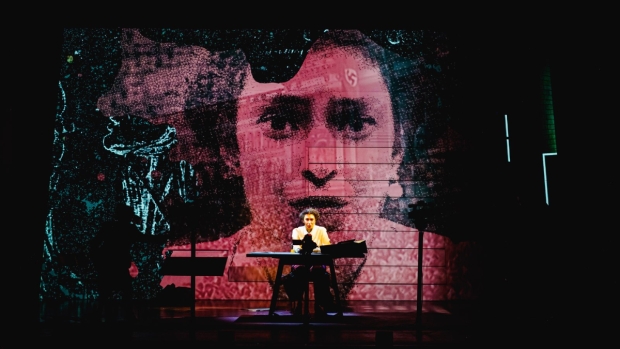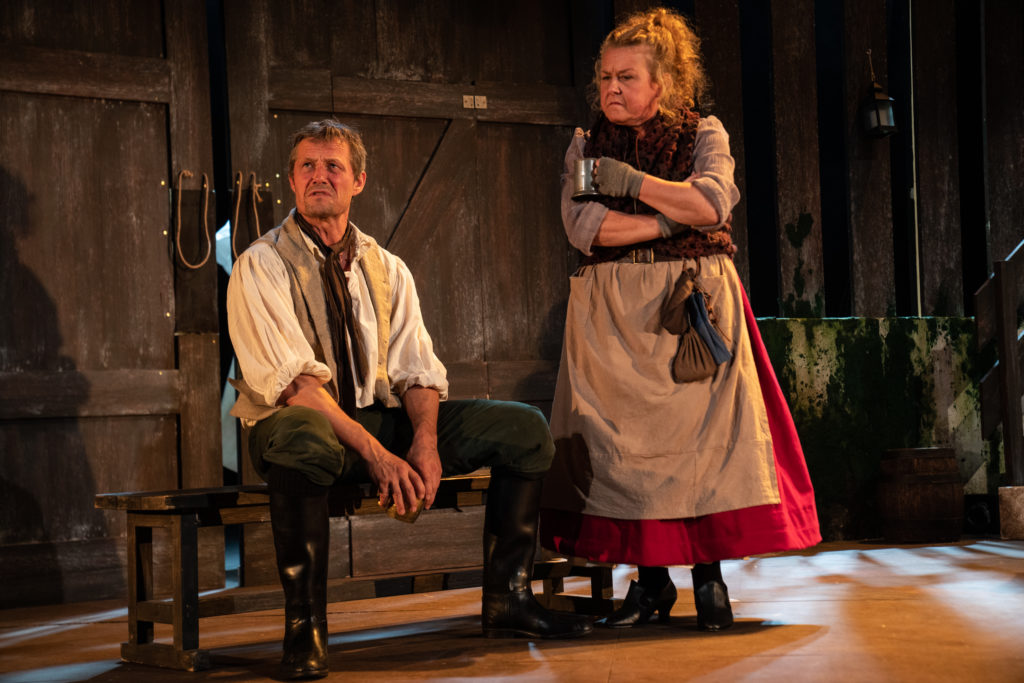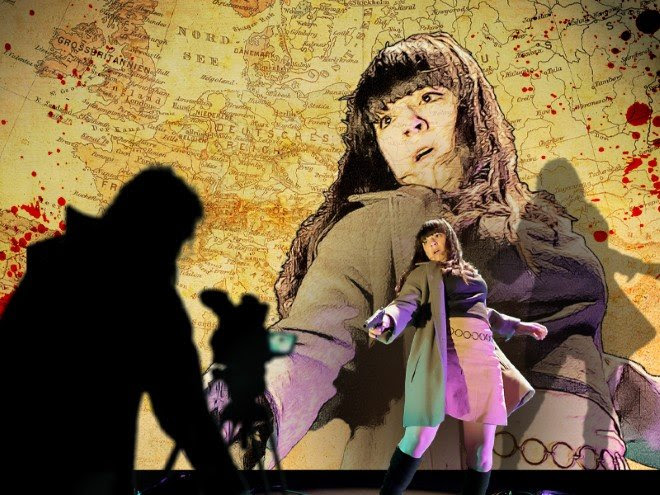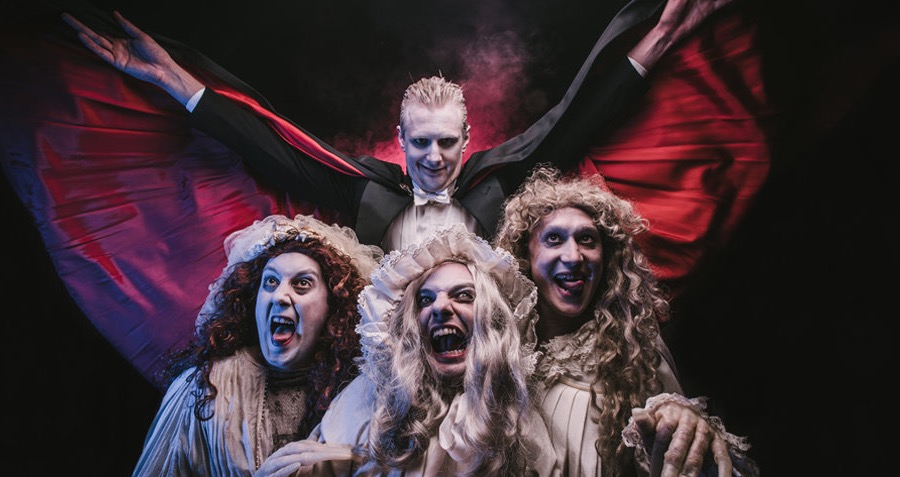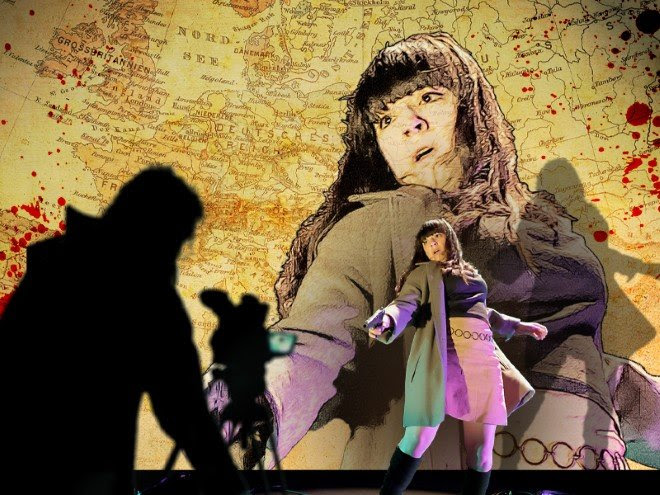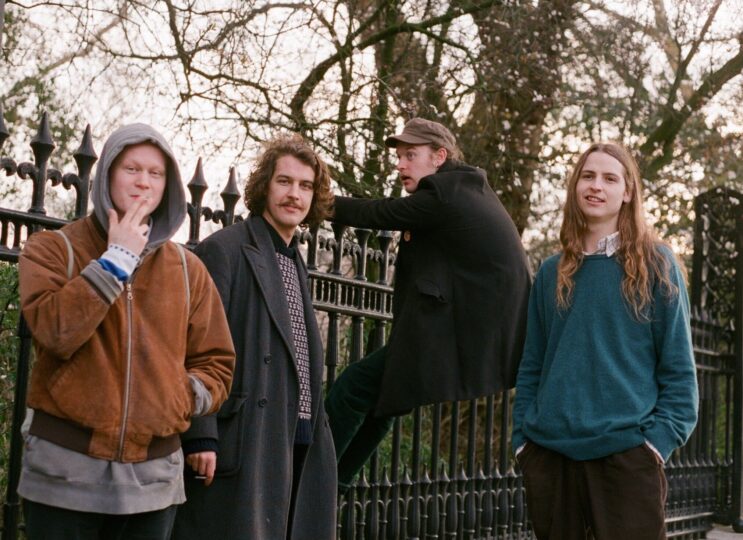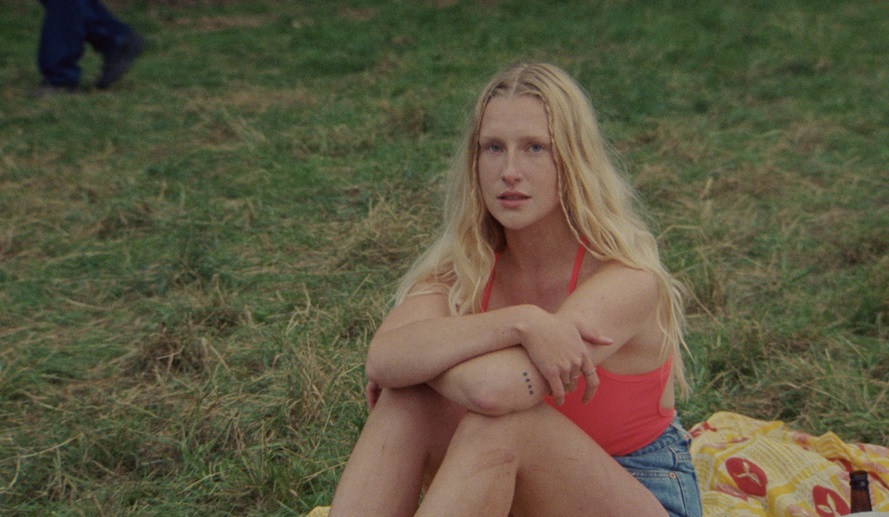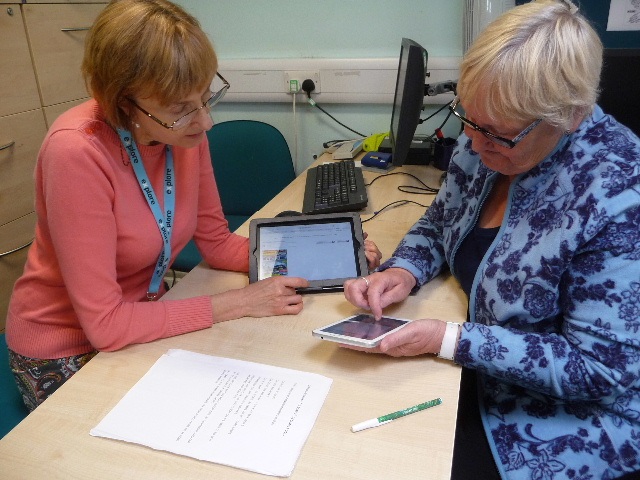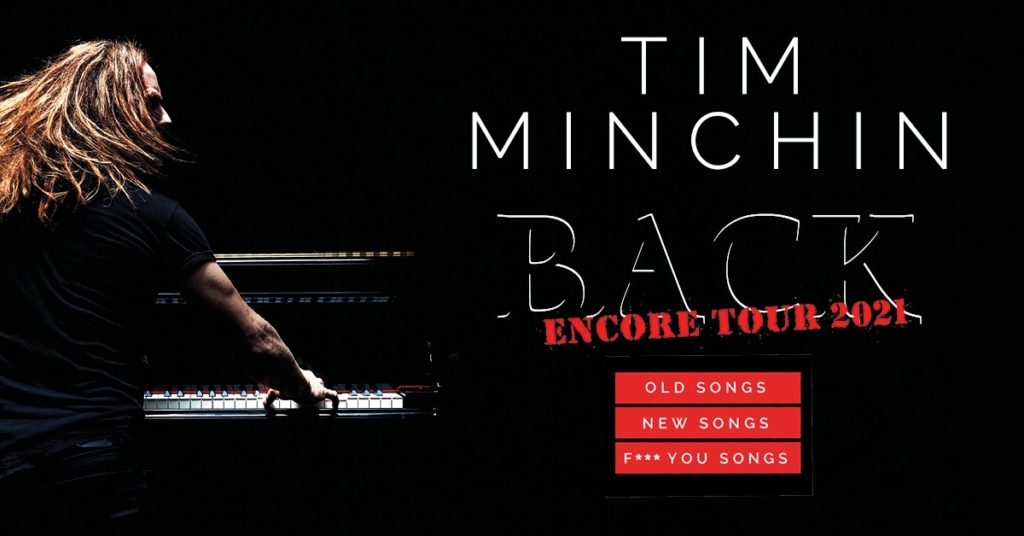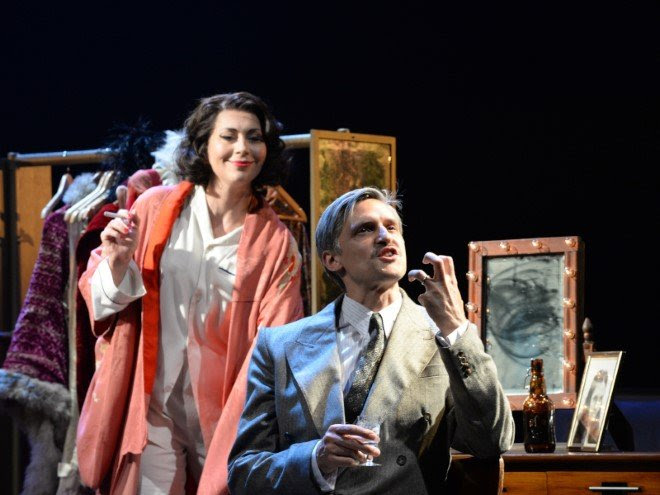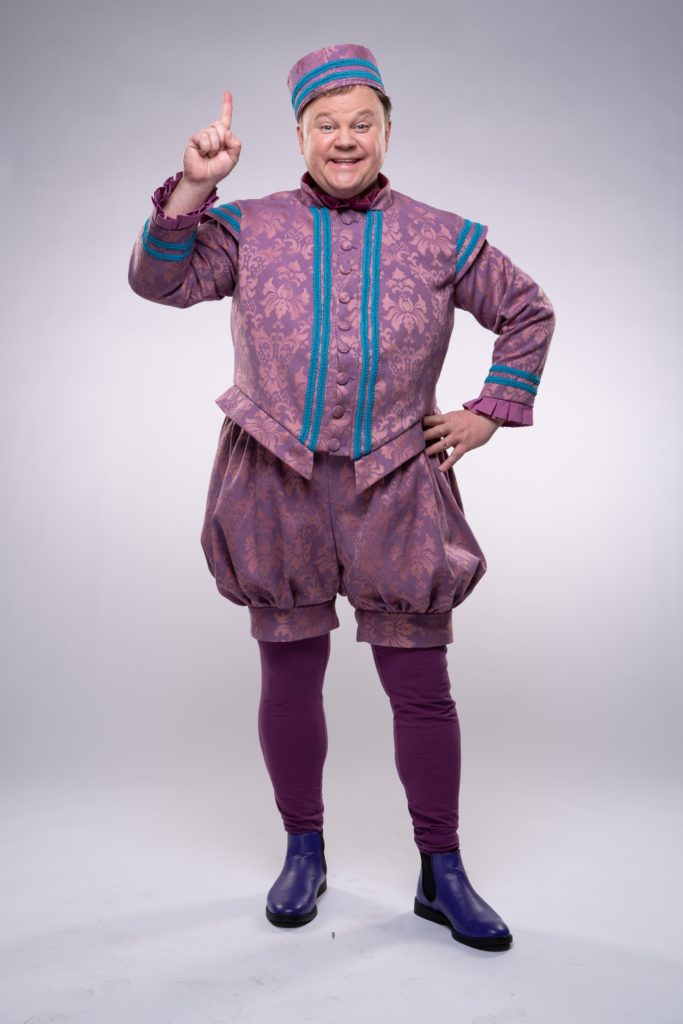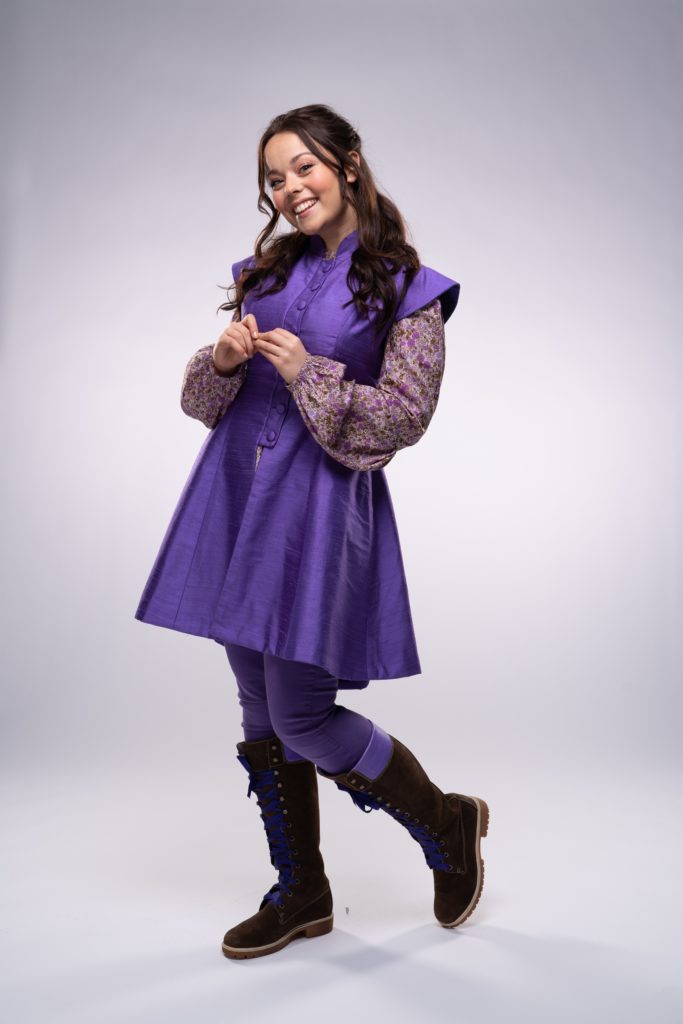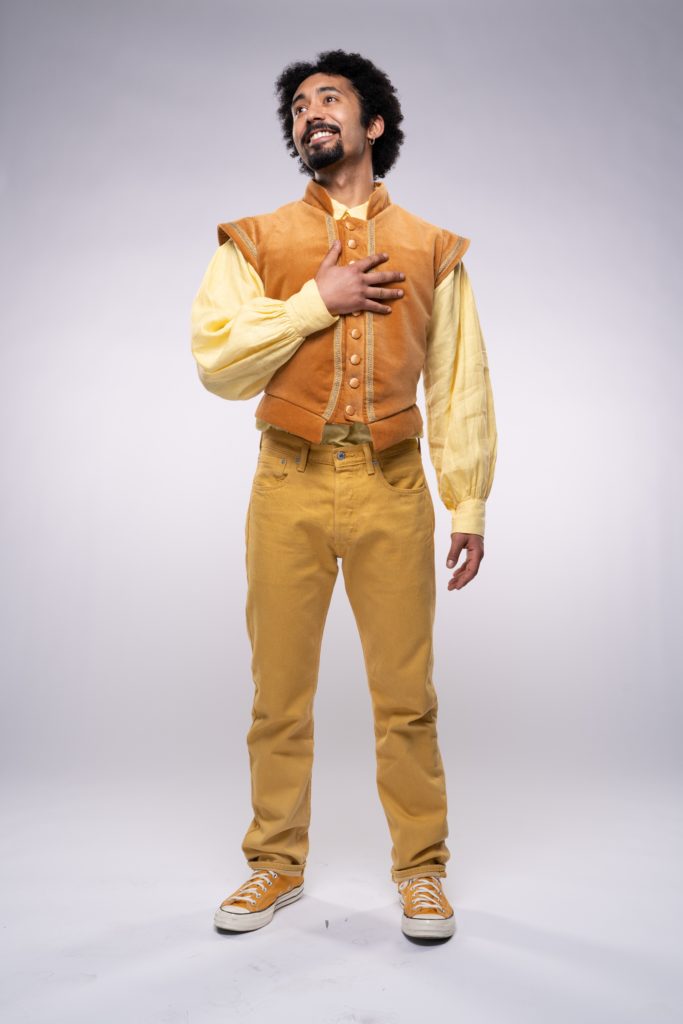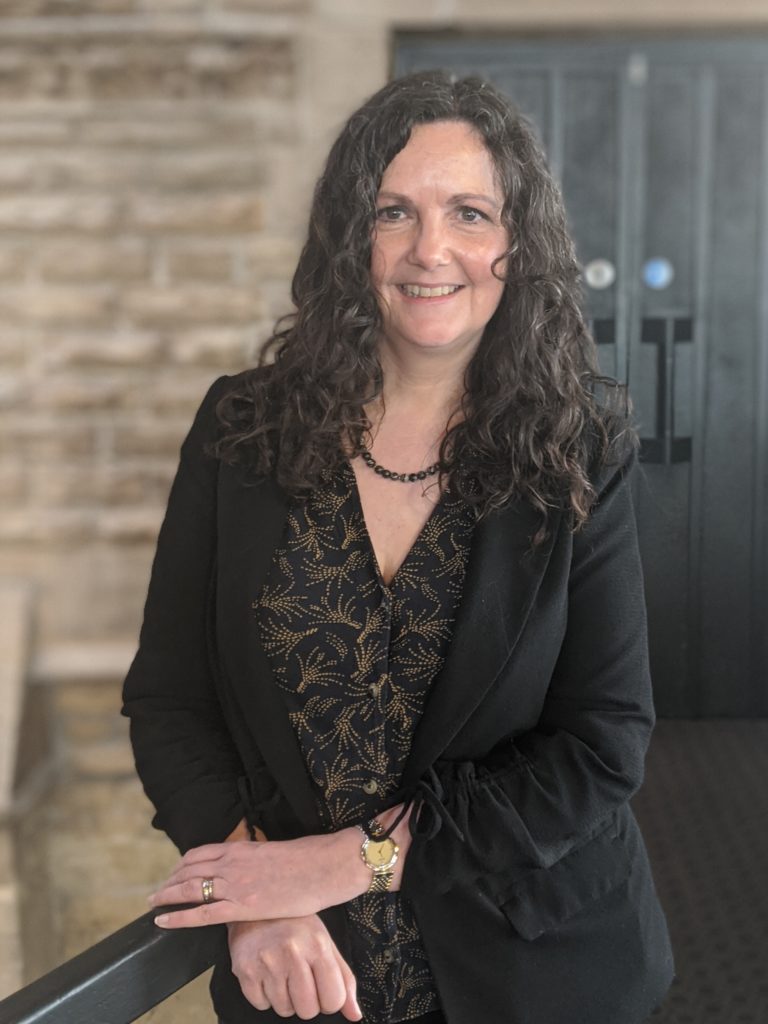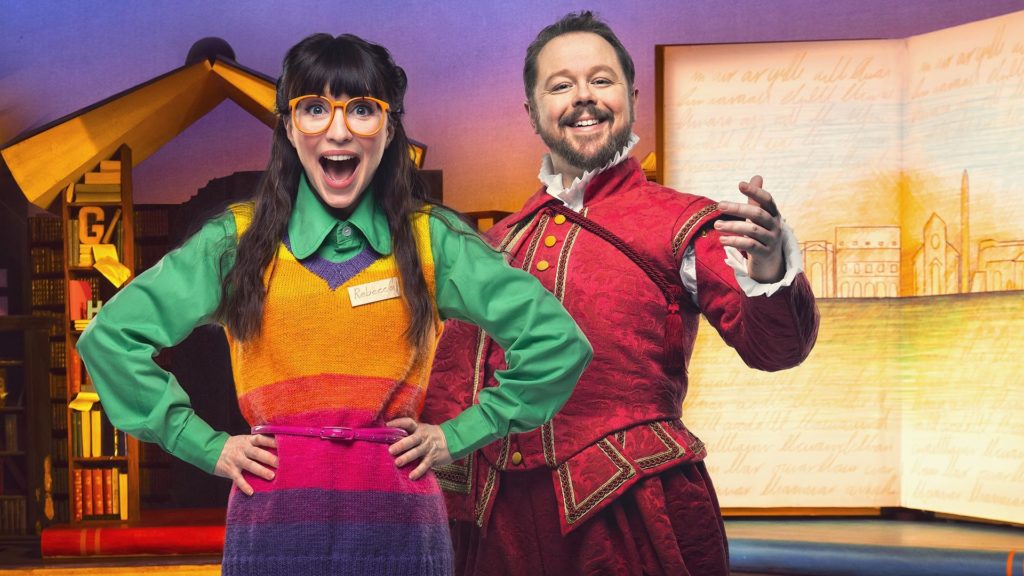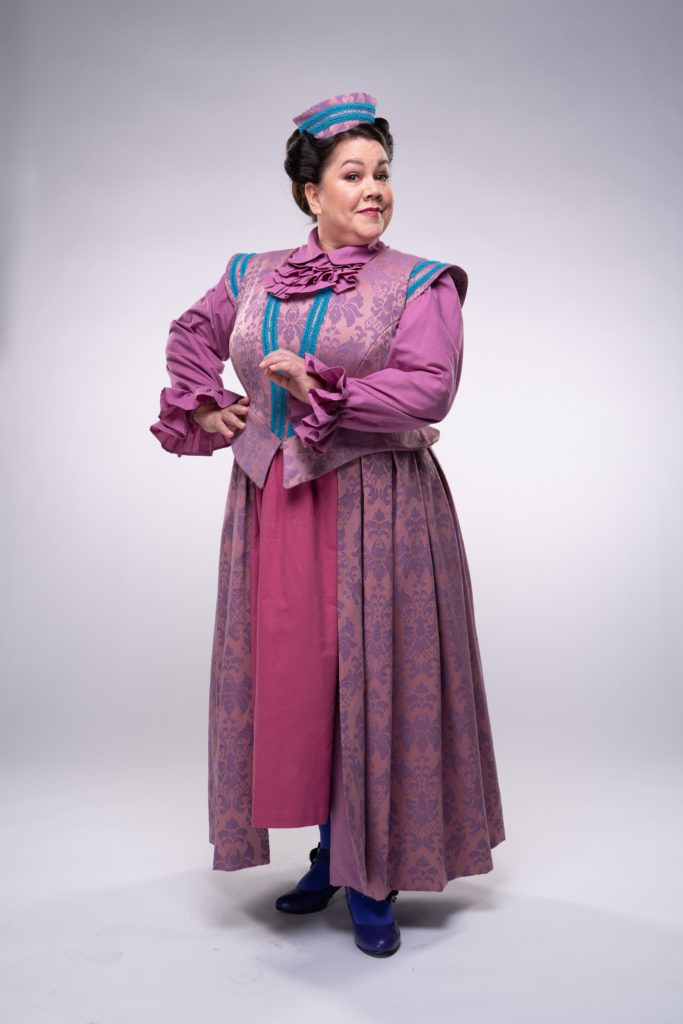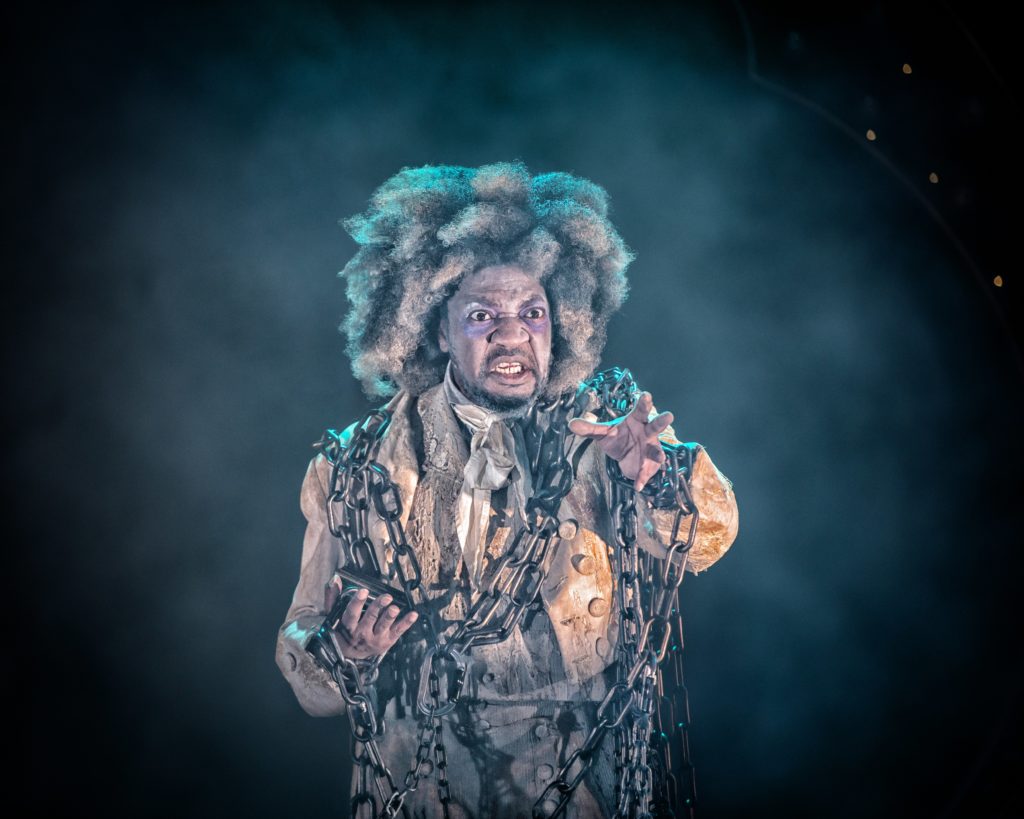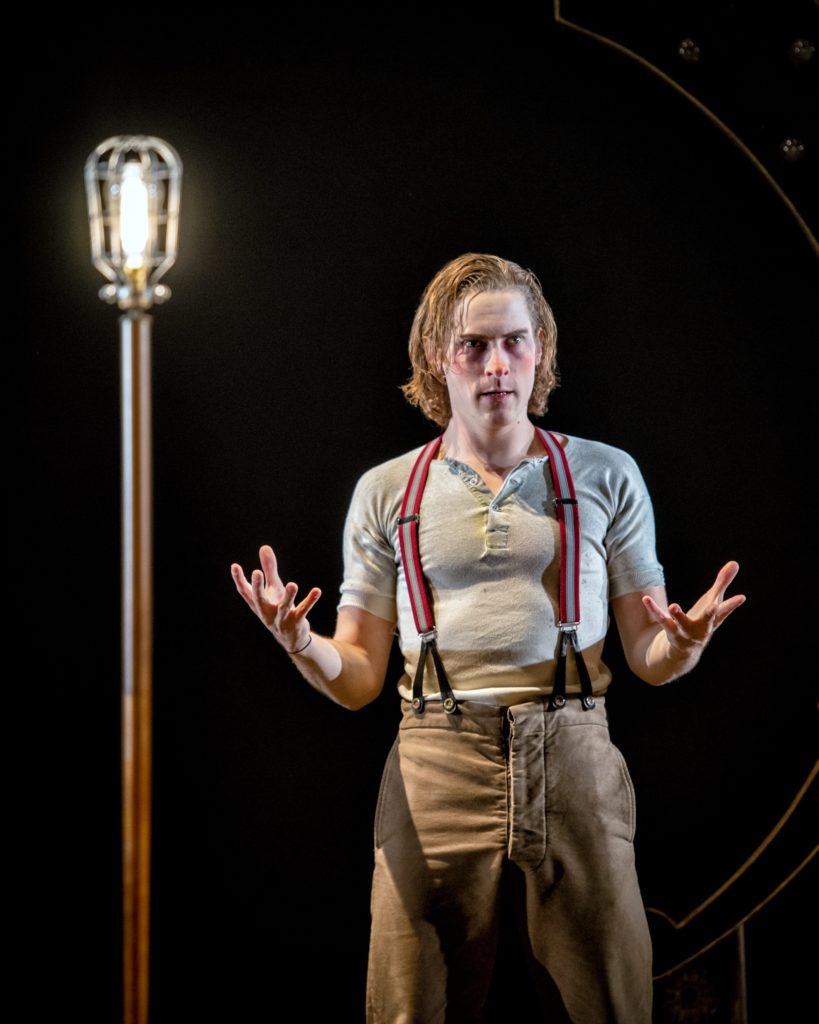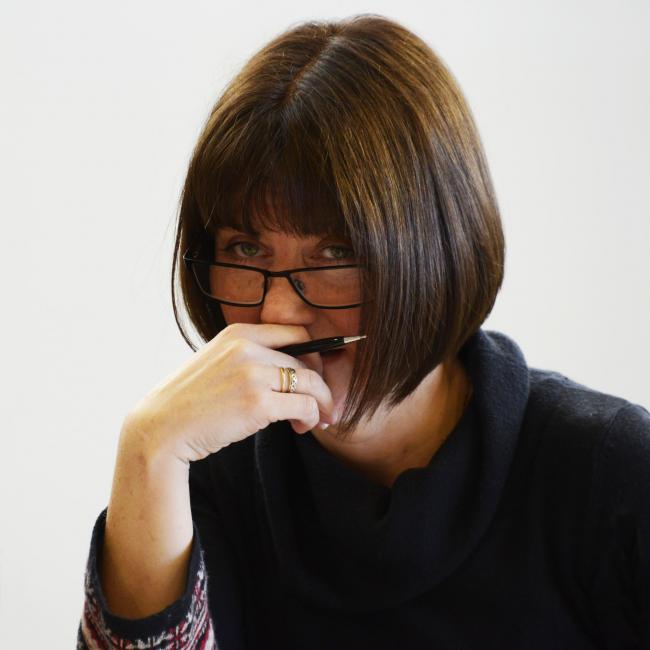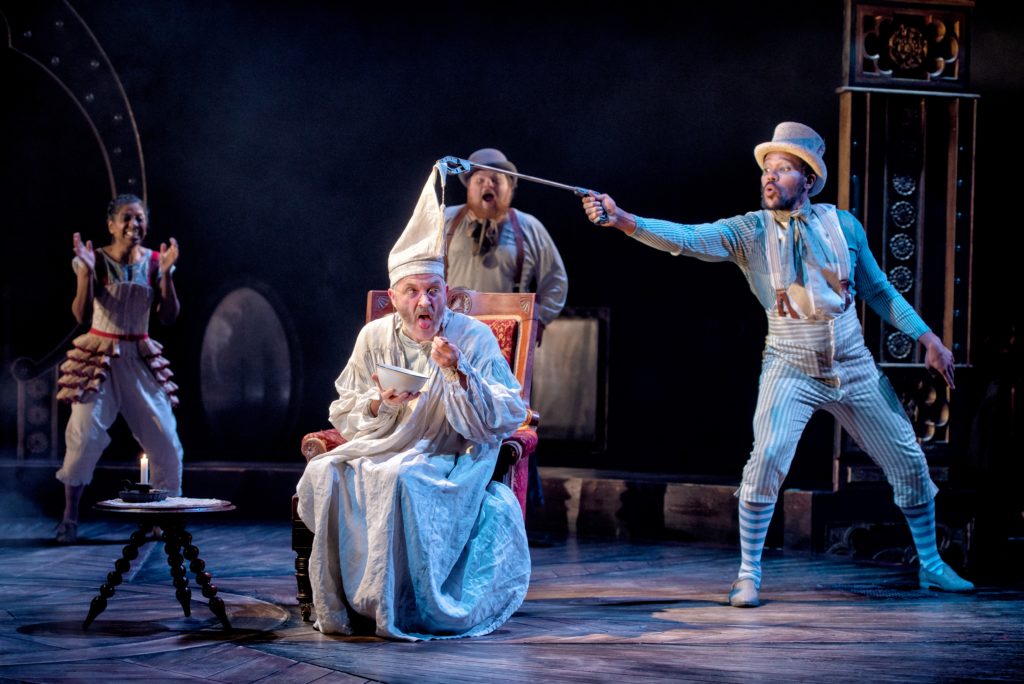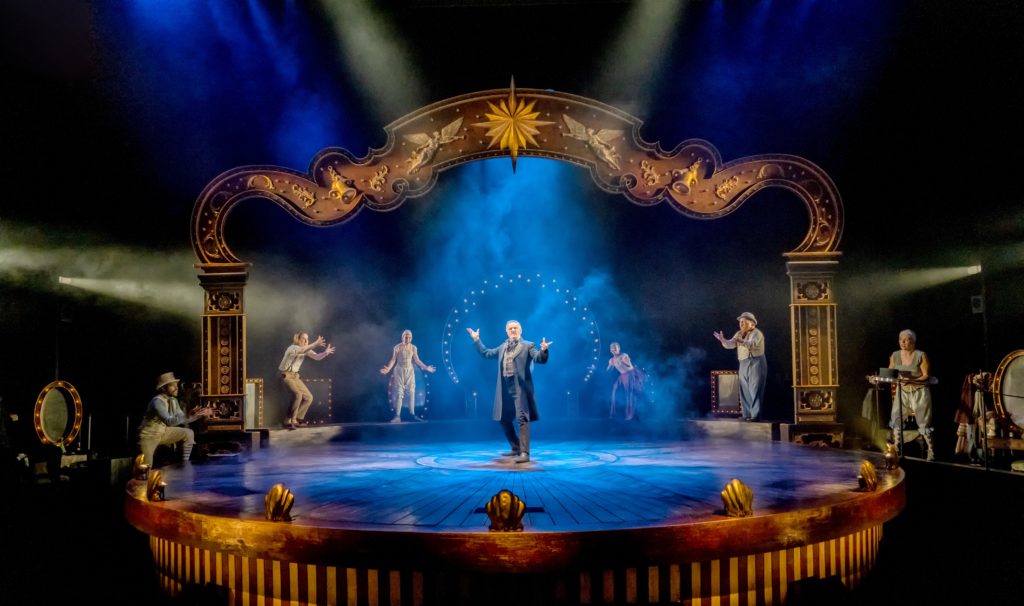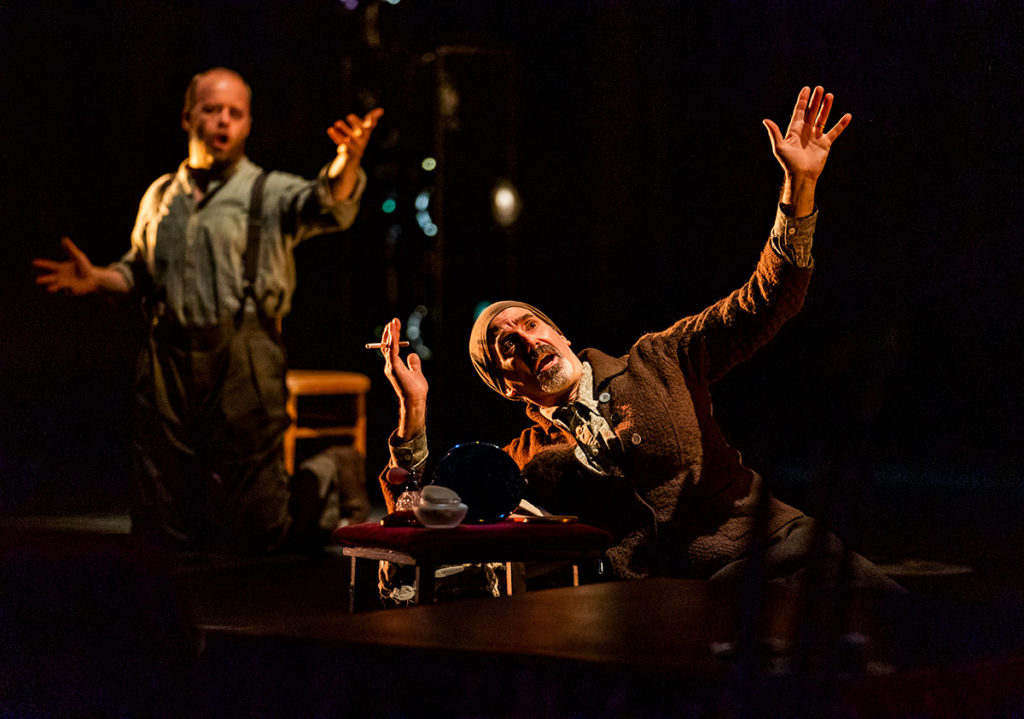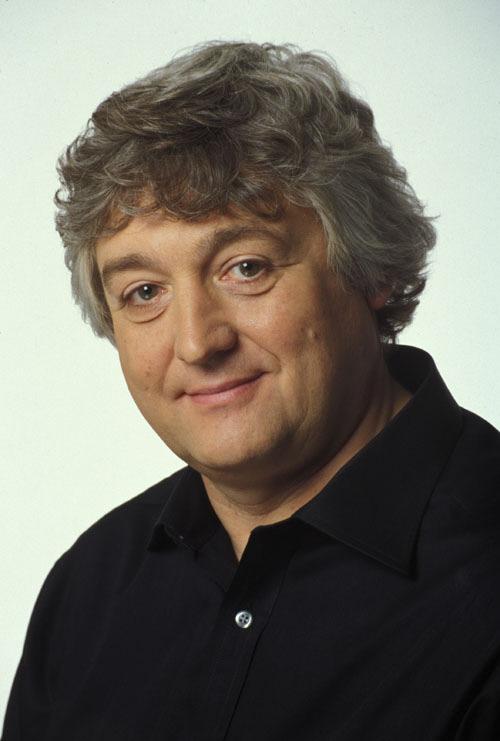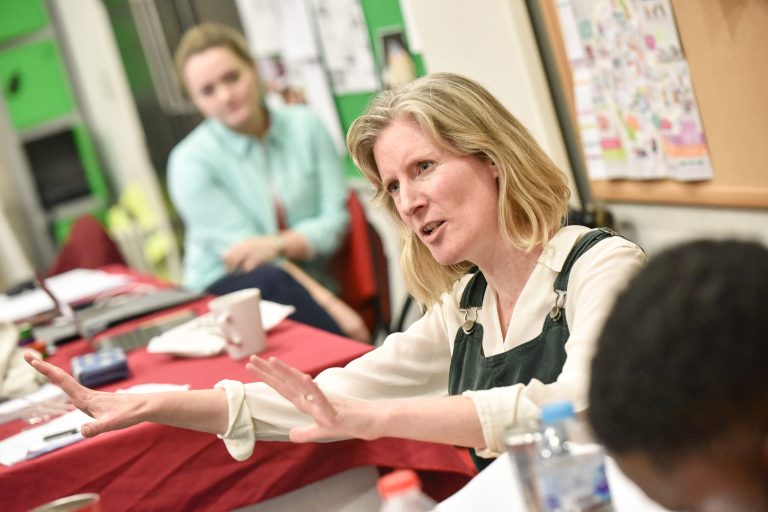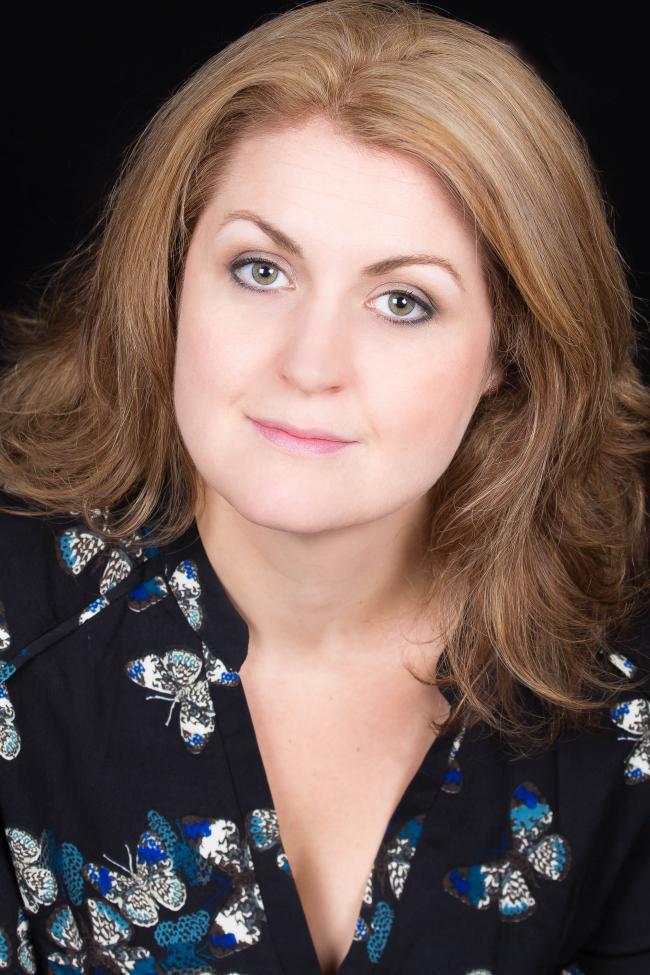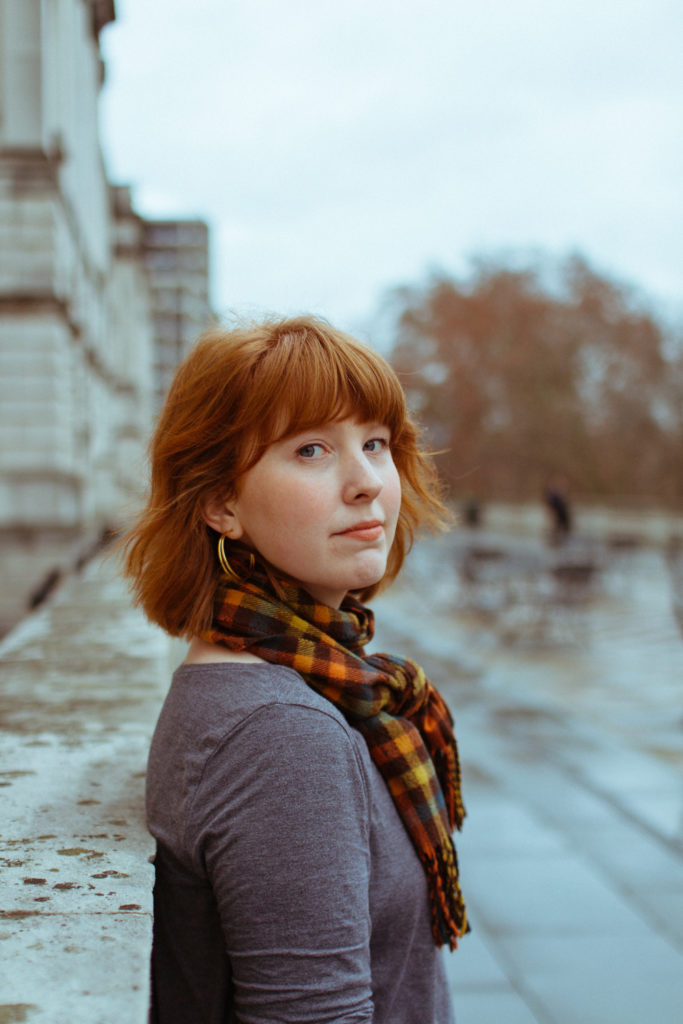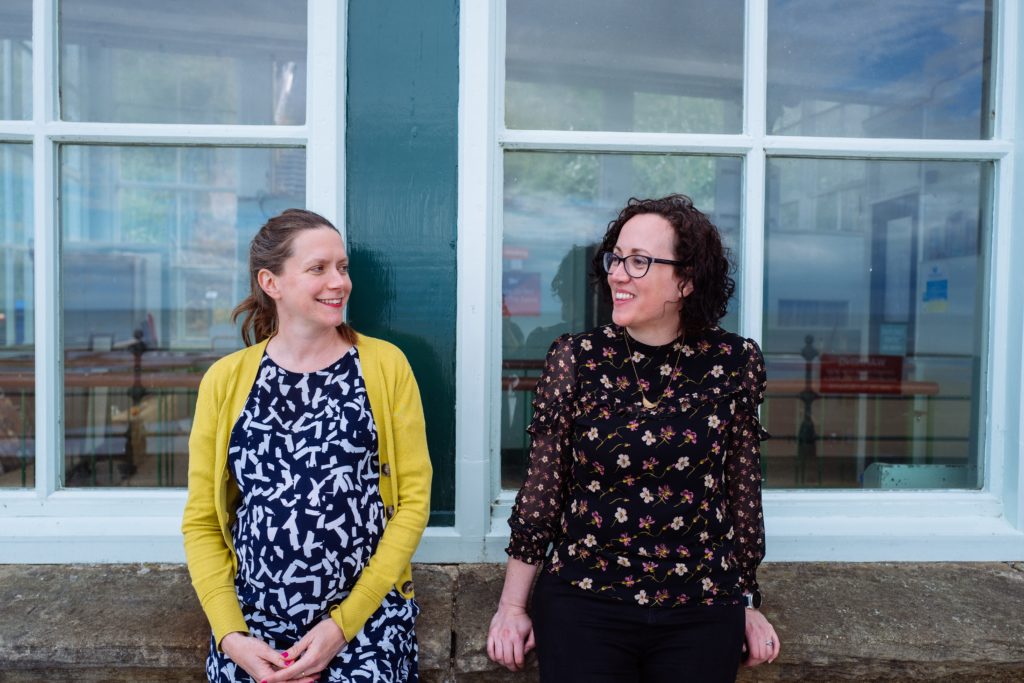
PHOENIX Dance Theatre launch their 40th anniversary celebrations at York Theatre Royal this week after completing their Bernstein Double Bill travels with Opera North.
The 40 Years Of Pheonix birthday programme, presented at 7.30pm tomorrow (23/11/2021) and Wednesday, brings together diverse work from the groundbreaking Leeds company’s past, selected by artistic director Dane Hurst.
“This year marks an extraordinary milestone, and in honour of 40 years since Phoenix’s founding, we’re excited to bring back these iconic pieces, each of which has a unique place in the company’s history,” he says.
“It’s been an honour and a joy to welcome these choreographers and creatives back into the studio – either or in person – and see the works come to life, which together demonstrate the breadth and range that the company’s repertoire has explored over the last four decades.
“On taking up this role earlier this year, I wanted to use the milestone of the anniversary to recognise the spirit and urgency out of which the company was created in 1981. I’m confident that this programme, alongside additional celebratory activities, will achieve just that.”
Combining celebration and reflection, 40 Years Of Phoenix comprises Lost Dog duo Ben Duke and Raquel Meseguer’s sensual and confrontational duet Pave Up Paradise; Henri Oguike’s unflinching and thrilling Signal; Shapiro and Smith’s satirical Family; Jane Dudley’s 1938 masterpiece Harmonica Breakdown and Darshan Singh Bhuller’s revamped Heart Of Chaos, inspired by the story of Jack Johnson, the first African-American heavyweight boxing champion;.
“After I became artistic director in January, when the country was in lockdown, I began researching the Phoenix archive. I wasn’t in Leeds at the time – I was in London – and had no access to the VHS tapes of many of the older works,” says Dane.
“But it was exciting to look through photographs, read the write-ups, and to discover the works that were symbolic of the times under my seven predecessors.
“I learned that a lot of the archive is at Leeds University, but the early years under David Hamilton, Phoenix’s founder and first artistic director, are not well documented, so many of those works are now lost.”
Nevertheless, Dane has responded to the challenge of capturing the essence of 40 years of Pheonix since its formation, initially as an all-black troupe, by three teenage friends from inner-city Leeds, Hamilton, Donald Edwards and Vilmore James, encouraged to do so by their tutors, Charles Gardener and John Auty at Intake High School and Nadine Senior at Harehills Middle School.
“After 40 years, in which perhaps three to six new pieces have been created each year, there were still many works to choose from,” Dane says. “It’s been a challenge to distil the full breadth and depth and richness of the company’s achievement into just five pieces; I only wish we could perform multiple birthday programmes!
“But I feel that the final selection is of five essential works that display something of the scope and reach of what dance can achieve. The pieces challenge the dancers technically and they’re all very different musically.”
Lost Dog’s Pave Up Paradise revisits Adam and Eve after their fall from grace, tracking the pair as they squabble over who was to blame for their loss of paradise in a witty and irreverent examination of guilt, innocence and lust for forbidden fruit, accompanied by acoustic arrangements of Jeff Buckley and The Strokes.
“Adam and Eve is the story that keeps replaying generation after generation,” says Dane. “Pave Up Paradise is the universal story of a man meeting a woman, having an encounter, going too deep, and then realising the consequences of their actions. Both characters are equally strong.
“It’s a beautiful, funny, theatrical piece, with a musician live on stage and spoken text for the dancers. Created by male/female choreographic duo Ben Duke and Raquel Meseguer, they give both a male and a female perspective on one of the oldest stories in the world.”
Half-Nigerian, half-Welsh choreographer Henri Oguike was raised in a “blighted former steel town in Wales,” as he puts it. His high-octane work, Signal, first stunned Phoenix audiences in 2004 with its frenzy of the battlefield yet sense of calm at the centre of the storm.
“It’s an exhibition of pure physicality, performed to Japanese Taiko drumming, with real live flames on stage and heavy percussive music,” says Dane. “There is a reason why the music has to be loud: you need to feel it in the chest.
“The beating of the drum sends a vibration through the air and the dancers need to feel that vibration and embody a physicality that’s rooted in a primal instinct: of hearing the drumbeat/heartbeat in the womb. This is pure dance: a physical, abstract, virtuoso, powerhouse of a piece.”
Ordinary passions, dramas and tensions that define the complexities of family life and human interaction are transformed into an acrobatic spectacle in Family, a satirical, fly-on-the-wall dance choreographed by husband-and-wife American duo Danial Shapiro and Joanie Smith, premiered by Phoenix in 1982.
“It’s a deeply comic look at dysfunctional relationships, whether between husband and wife, mother and daughter, brother and sister, boyfriend and uncle, with music that’s quite circus-like, and it’s interesting for a dance company to do, because you’re like a family of dancers as you travel around, and it all depends on who’s in the company at the time,” says Dane.
Jane Dudley’s Harmonica Breakdown, choreographed in 1938 in response to the Depression in America and the forced migration of workers, features a lone female dancer creating a poetic representation of an individual’s struggle to gain self-respect and dignity in a cruel, volatile world.
“In just three and a half minutes, it encapsulates not only the role of a woman in society at that time, but also the experience of African-American people and the white working class in America in the 1920s and ’30s,” says Dane.
“Starting from a broken-winged position, the woman leans forward against a force that abruptly stops her. Defiantly, she keeps moving. It’s a piece that says so much about how particular groups of people were held back, economically and socially.
“It’s been a very special experience for Yuma Sylla, our newest dancer, to be taught this masterpiece by Dr S Ama Wray, associate professor of dance at the University of California, who studied with Jane Dudley.”
When Dane asked former Phoenix artistic director Darshan Singh Bhuller if he could include Heart Of Chaos, a piece he had created in 1993 when a young choreographer, Darshan would only agree on one condition.
“He said, ‘I will only let you have this work if I can revisit it and place it in the context of the Jack Johnson story’,” recalls Dane. “He told me about the ‘Galveston Giant’, the African-American boxer who became heavyweight champion of the world in 1908. Jack Johnson was a larger-than-life, volatile figure, whose success brought him riches and fame, much to the dismay of white America at the time, who hated him.
“He owned cars, he owned nightclubs, he broke the taboo of black men consorting with white women and married three white women, one of whom was Etta Duryea, who took her life in 1912 because he was abusive.”
Against the modern-day Leeds backdrop of Azeem Rafiq highlighting “institutional racism” at Yorkshire County Cricket Club, Dane says: “For me, Heart Of Chaos is the jewel in the crown of this 40th anniversary programme: a piece from the Phoenix archive that has been re- worked for our times.
“Although it’s rooted in history, this is a story for the present day, when we’re still dealing with the issue of racism and inequality in sport and in wider society.”
Challenging segregated sport and white America in the era of Jim Crow and the Jazz Age, with music by Wynton Marsalis, Dane describes Darshan’s Heart of Chaos as being filmic in style. “That’s because he’s a filmmaker as well as a choreographer,” he says.
Phoenix Dance Theatre – or Phoenix Dance Company as the company was first called after Charles Gardener first suggested using ‘Phoenix’ – have been true to the meaning of that word. “I think there’s a magic that lies within this company, and it comes from how it was founded by three teenagers against the odds, with a love for dance and their community, telling their stories, and that humbleness, that humanity, still underpins the company.
“Phoenix has risen to the heights, then fallen, then risen again. I was a young member of the company in 2009, when everyone was sent packing for a mixture of artistic differences and personal and financial reasons at that time.
“What has happened to Phoenix is true to the myth; it reaches great heights, then burns out, and to keep going, it then has to reinvent itself as a new troupe, completing a cycle again and then starting anew again.”
Phoenix’s dancers have diversified over 40 years too. “The thing is, the world is changing and more and more countries are becoming diverse because of people’s ability to travel,” says Dane. “Phoenix represents that melting pot of culture and the company will grow and develop with everything that is strong about what makes Britain Britain now, multiculturally, and we must celebrate that as a company, reaching out to people from every background.
“Dance transcends all barriers of language, race, sexuality and religion. When the body moves in its symmetry, you can only feel the beauty of the body moving in space – and that is the one thing we all identify with: being able to move.”
Broadening out this point, Dane says: “Dance moves us emotionally; it challenges us intellectually; it transports us in fantasy. In dance, the human body reaches incredible heights of sheer physicality and precision of execution, in unison, to music.
“Without a word being uttered, dance can communicate across so many different barriers: barriers of language, barriers of culture, and also barriers of ingrained perceptions. Culturally, we are all shaped according to where we live and the structures of our society, so we see the world very differently from each other. But when the body moves to music and a particular story is told without recourse to language, it can reach and touch everybody.”
Looking ahead, Dane says: “My hope is that the company will nurture its legacy over the next 40 years and continue to make amazing new work, because when we let the heart speak through the art, we can make a connection with everyone. If we can continue to do that, it will be a job well done.”
It will, however, be a job done without Dane, who will be leaving Phoenix to return to his native South Africa on December 4. “I don’t think we’ve been able to take stock yet of how much the pandemic has affected us. My family in South Africa is going through its own horrible times: I have lost three relatives to Covid.
“Since the pandemic, everything we do is being looked at again and re-evaluated. In my case, I left my family in 2003 to chase my dream of being an international artist, but now I need to go home to take care of my family.
“The company has put together a good vision for the future, with the tour running until next May and a programme in place until 2023. Even though I am leaving, it is with a heavy heart, and I will not lose my connection with the company. I’ll be only 12 hours away!”
What’s more, Dane will travel from South Africa for Phoenix’s celebration gala at Leeds Playhouse on February 12 next year, when nine companies will take part in the 40th anniversary event. “I’m coming over specially for that to cheer everyone one,” he says.
Phoenix Dance Theatre in 40 Years Of Phoenix, York Theatre Royal, November 23 and 24, 7.30pm. Box office: 01904 623568 or at yorktheatreroyal.co.uk.

